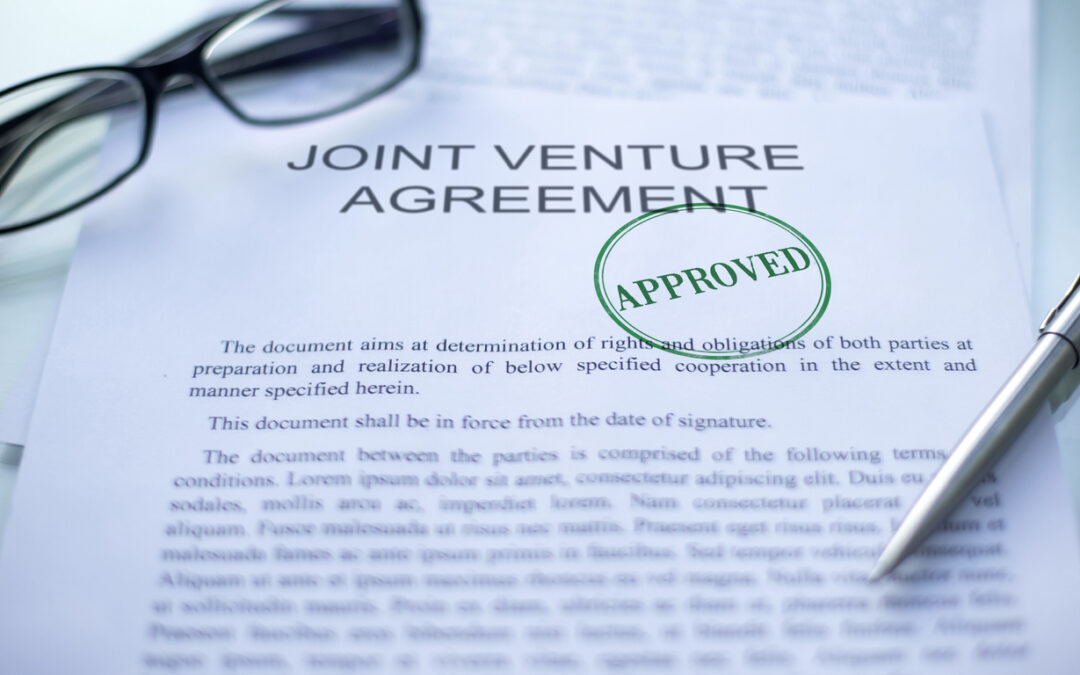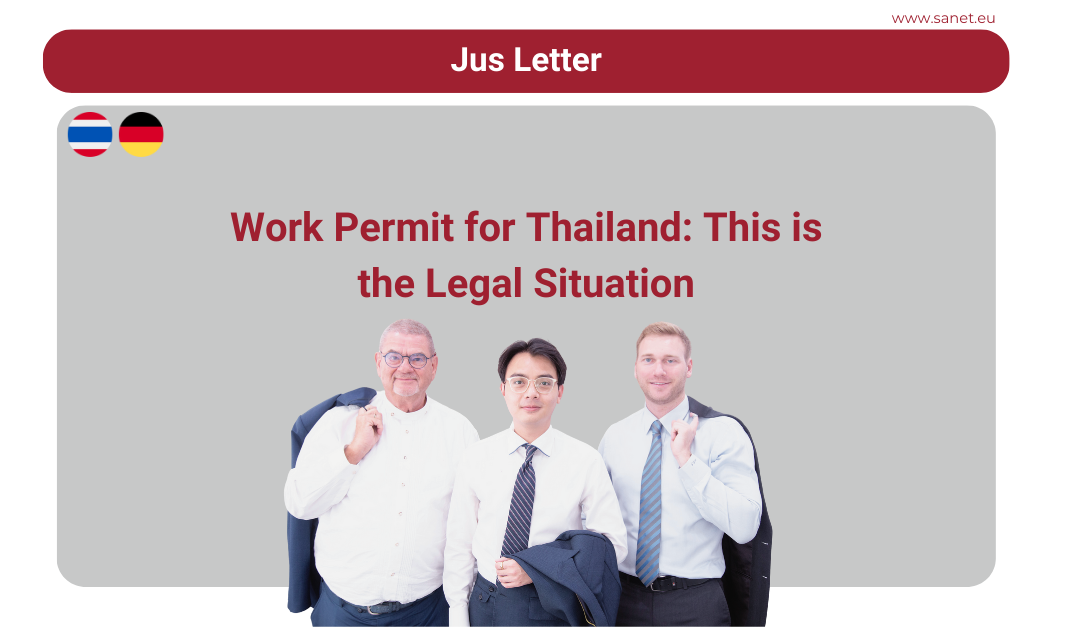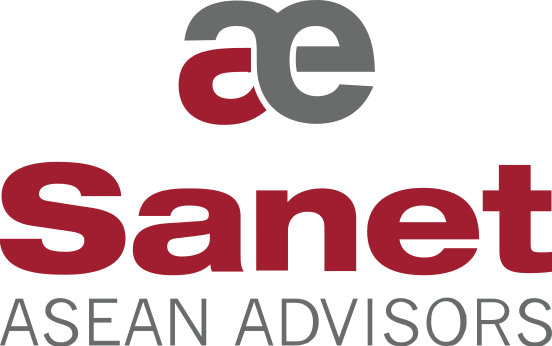
by Sabrina Bohn | Mar 27, 2024 | Accounting, Sanet Blog (Legal)
The Sanet Group in Bangkok is now offering accounting services in Thailand for international SMEs. Sanet Legal Ltd. will thus be formally renamed “Sanet Legal & Accountancy” from April 2024.
Three “SME Packages” include everything needed for legally compliant and management-oriented accounting, such as accounting, monthly reports, tax declarations and reports tailored to the needs of both well-established companies and start-ups.
Under the guidance of a certified auditor, Sanet also offers payroll services, BOI reporting and audits for local and international SMEs.
In close cooperation with the lawyers under the common umbrella, shareholder resolutions and meetings will be prepared and implemented in a legally secure manner.
Thus, the Sanet Group further rounds off its position as a comprehensive service partner for Thailand-based corporations.

by Sabrina Bohn | Feb 13, 2024 | Business Law, Sanet Blog (Legal), Sanet Blog (Management), z_Blogs Business Law & Joint Venture, z_Blogs Restructuring
As a consultant and “cultural ambassador”, Sanet helps a German machine builder with its Joint Venture in Thailand.
The German machine manufacturer held 75% of a sales and service Joint Venture in Thailand. A Thai partner owned 25% of the shares and managed the business single-handedly and largely without any direct intervention by the German majority partner. Little attention was paid to the Thai subsidiary.
The earnings were okay, but the sales figures were not impressive enough to make the Thai company the focus of the group management. After the company was established in Thailand, the German Controller came once a year for the annual accounts and soon returned home without any major problems. Market shares, market policy and the local company management were largely unaware of the situation at headquarters.
The surprise came as soon as the Thai partner wanted to introduce a successor.

by Kaning | Jan 30, 2024 | Sanet Blog (Legal), Uncategorized
“If you sweat you work” Based on this satirically exaggerated principle, the Thai legislature requires a work permit for any activity that requires mental or physical exertion, regardless of whether it is paid or not.
Misleading or simply false information on the internet about new visa types such as the ‘Work-From-Thailand-Visa’, or “remote work” for foreign employers has led to confusion regarding the unchanged need for a work permit for Thailand.
Sanet Legal Ltd, the German speaking lawyers in Thailand provide clarification:

by Kaning | Jan 15, 2024 | Sanet Blog (Legal), Uncategorized, z_Blogs Investment Consultancy, z_Blogs Producing Invest in Asia
If you want to service the Asian markets from an environment characterized by a secure legal system, a top infrastructure and state-of-the-art industrial parks, the only question is whether you can afford in the long term to forego an investment in Thailand.
Investing in Thailand offers investors benefits that investors in other countries can only be envious of. The economic and political environment of this country in the heart of Asia is stable and characterized by thousands of modern manufacturers and suppliers in the electrical and automotive industries. Government incentives are generous, based on sound legal regulations and have been providing support for many years.
A labor market with technically outstanding engineers and skilled workers awaits investors. And an infrastructure with highways throughout the country, three deep-sea ports, punctual elevated express trains, whose network is growing rapidly every year, eases economic activity. An excellent healthcare system and a high quality of leisure time also make life worth living for investors in Thailand.
In addition, the Sanet Group has been offering a full service for investors in Thailand for 20 years, from strategy consultancy to legal implementation, the entire project organization with site evaluation and tendering, right through to applications for incentives or recruitment.

by Kaning | Dec 6, 2023 | Sanet Blog (Legal), z_Blogs Labour law in Thailand, z_Blogs Visas & Work Permits
If you are looking for the right visa for a long-term stay in Thailand, you will probably come across the Thailand Privilege Visa. The new edition of the Elite Visa allows you a 5 to 20-year residence permit and luxurious privileges and services through Privilege Points. This is available to those who are able and willing to pay the necessary fees.

by Sabrina Bohn | Oct 14, 2023 | Sanet Blog (Legal), z_Blogs company formation in Thailand
Having their own employees in Thailand seems to be the cheap and direct way to sales and service in Thailand for many foreign companies. But beware: The law prohibits foreigners from selling their products or even providing consulting or technical services through by themselves or through Thai employees. There is the risk of imprisonment, fines of up to USD15,000 per day and corporate tax for both business owners and employees.
The Thai Foreign Business Act protects Thai traders and marketers from foreign competition. Those who use their own employees to sell their products or services in Thailand turn them into an (illegal) permanent establishment. Draconian penalties are imposed for violating or circumventing the law. This also includes employing sales or service staff through personnel service providers or law firms. Often, the latter themselves are unaware of the risks they expose themselves and their clients through a “payroll” or “staffing service” ” for illegal activities of foreign customers.
In this article, we explain exactly how to recognize a punishable “bogus employment” and how to do it right.
Seite 1 von 612345...»Letzte »






